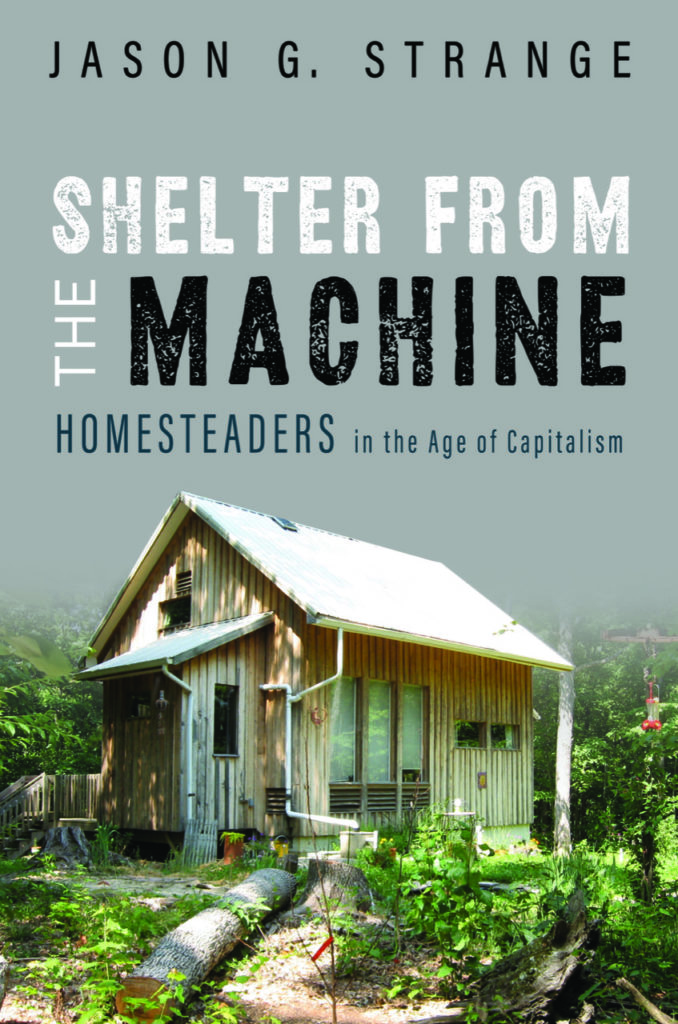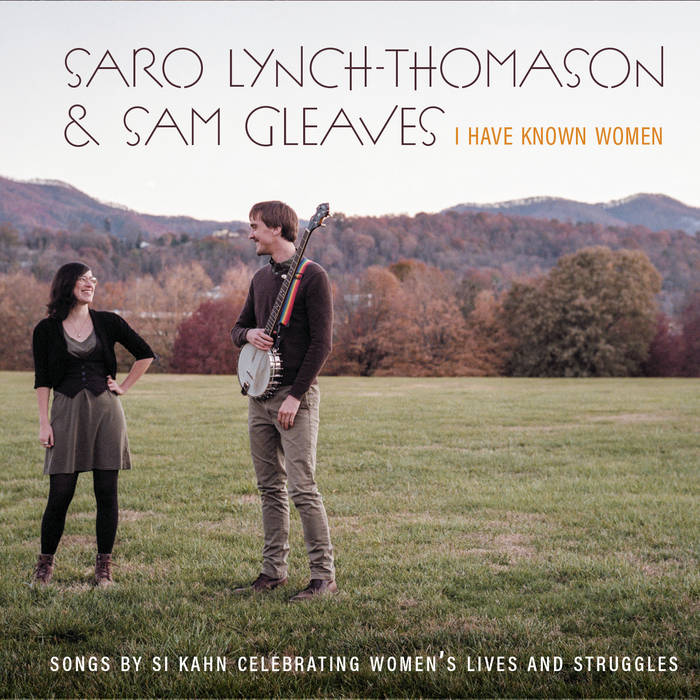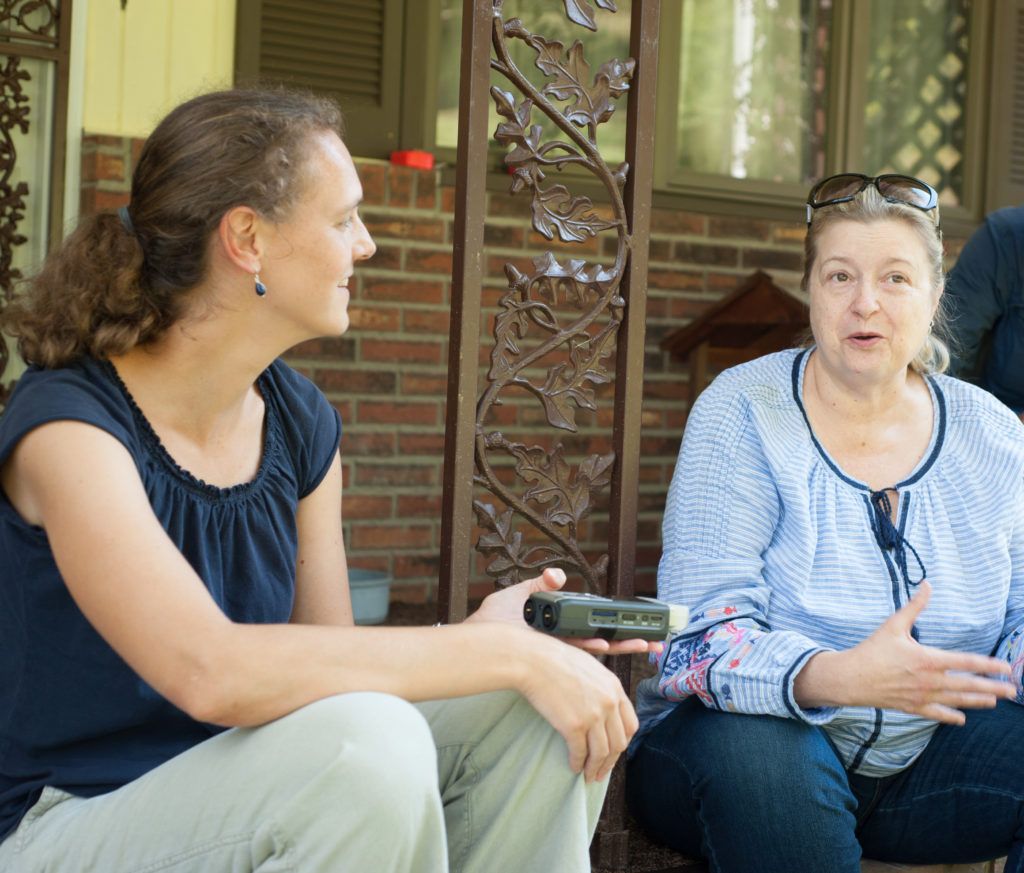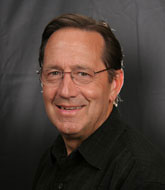Berea College hones its prestige and high standard for academics not just through student performance, but through our faculty’s commitment to the pursuit of knowledge and research. Many professors continue to study the region in tandem with their field of expertise through research journals, book publications, music and more.
Jason Strange, Ph.D.: Associate Professor and Chair of Peace and Social Justice Studies
As a kid, Jason Strange spent a good deal of time in the mountains of eastern Kentucky and on the Yurok Reservation in northern California. In both locations, local communities meet some of their needs through practices like building, growing and hunting.
“Not coincidentally, they are places with long histories of resource extraction and poverty,” Strange said. “Including lack of access to high-quality schooling and powerful literacy.”
Strange’s first book, “Shelter From the Machine” tackles two questions: why do so many people continue to seek rural self-sufficiency, and why are these modern homesteaders often divided into opposing camps of “hicks” and “hippies”?
“These questions may begin in the cabins and gardens of Appalachia, but answering them requires that we understand the cultural divisions that wrack the contemporary United States and make it impossible to deal effectively with problems like global warming and a deadly viral pandemic,” Strange said.
Although Strange is now very involved in academia, he wasn’t always that way. Bored by the dull assignments and stifling classes, Strange dropped out of high school at the age of sixteen. He spent the next decade studying his own curriculum through work, travel, and college.
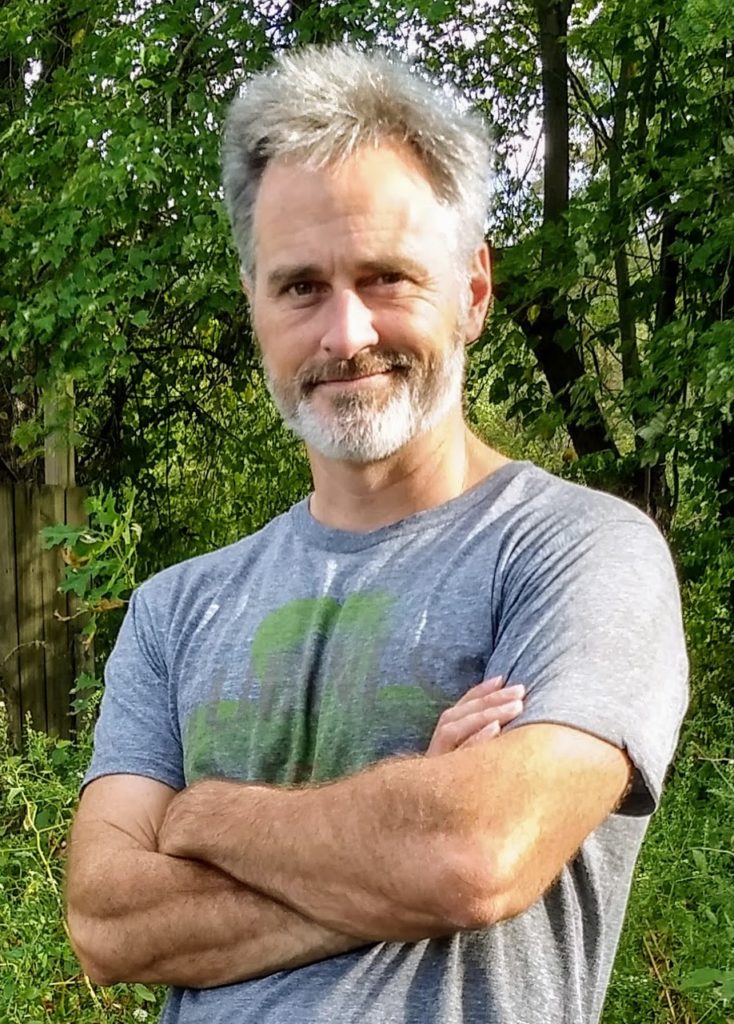
“The whole time, I experienced the themes at the center of “Shelter From the Machine”: the exploitation of labor at the heart of the economy; the uneven access to literate education; the valiant attempts of people to shield themselves from the impacts of a society in which class continues to shape and limit human lives.”
He worked as a carpenter, corn detassler, potter, and barista. He crewed on a sailboat and biked across the western U.S., and attended three different colleges, including Berea.
Strange believes it is the academy’s duty to make information available and accessible, not to be chock-full of jargon and aimed at a small, specialist audience. He intentionally wrote his book in language that can be used in and out of the classroom.
“Scholars have a responsibility to share knowledge as widely as possible. One of the things that excites me the most about my book is that I can give excerpts to my Berea College students, and it helps them understand their own experiences of growing up in a class society.”
Sam Gleaves: Bluegrass Ensemble Director and Appalachian Instrument Instructor
Sam Gleaves first saw the Berea College Bluegrass Ensemble perform when he was visiting campus as a prospective student. He was inspired by the skill of the performance, and not much time passed before he enrolled in the College and joined the ensemble. Gleaves graduated from Berea with a B.A. in Folklore, an independent major he crafted by combining courses from Appalachian studies, sociology and other departments.
After graduation, Gleaves attended an Appalachian Association Studies Conference through the College. There, he met Si Kahn, an activist, organizer and songwriter.
“He reached out to me after the conference and asked if I wanted to record an album of his work, and I was excited by the possibility,” Gleaves said.
Upon listening to the first batch of songs, Gleaves knew his friend Saro Lynch Thomason would make a stellar contribution to the recording. Alongside the contributions of other talented musicians, Saro and Sam co-produced I Have Known Women: 13 songs celebrating and elevating the voices of Appalachian women.
“The stories have a great range of content,” Gleaves said. ” The songs feature anything from the celebration of women’s suffrage to a woman whose son has been sent to prison 10,000 miles away.”
Sam Gleaves
Gleaves shared that while the album covers a diverse range of topics, the album’s focus is on the voices and experiences of these women. Stylistically, it made sense to have Saro Lynch Thomason, a wonderful female vocalist, sing lead for the record.
“So many of my mentors have been women, artists and activists,” Gleaves said. “When I sing these stories, I think about the women in my family and the women who have shaped me. It really was such an honor.”
Visit the websites for both Sam Gleaves and Saro Lynch Thomason. Click the photo of the album cover above to give it a listen.
Sarah L. Hall, Ph.D.: Associate Professor of Agriculture and Natural Resources
Sarah Hall has many nostalgic memories of growing up in Madison County, Ky.
“Every Sunday, we would go to church and then go to my granny’s for the day. We’d spend the day just kind of out in her woods, wandering and snapping beans on the porch,” Hall said.
Her roots and appreciation for Appalachian culture and the outdoors led her to Appalachian State University where she earned her B.A. in a major she designed herself: Environmental Education. Hall ventured from North Carolina back home to Kentucky and focused on ecology restoration before deciding to go back to school at the University of Kentucky, where she studied surface mine lands for her master’s degree and grasslands for her Ph.D.
Every Sunday, we would go to church and then go to my granny’s for the day. We’d spend the day just kind of out in her woods, wandering and snapping beans on the porch.
Sarah Hall, PhD
While in her doctoral program and working in the greenhouse, Hall met a farmer who would later inspire a decade of research and writing.
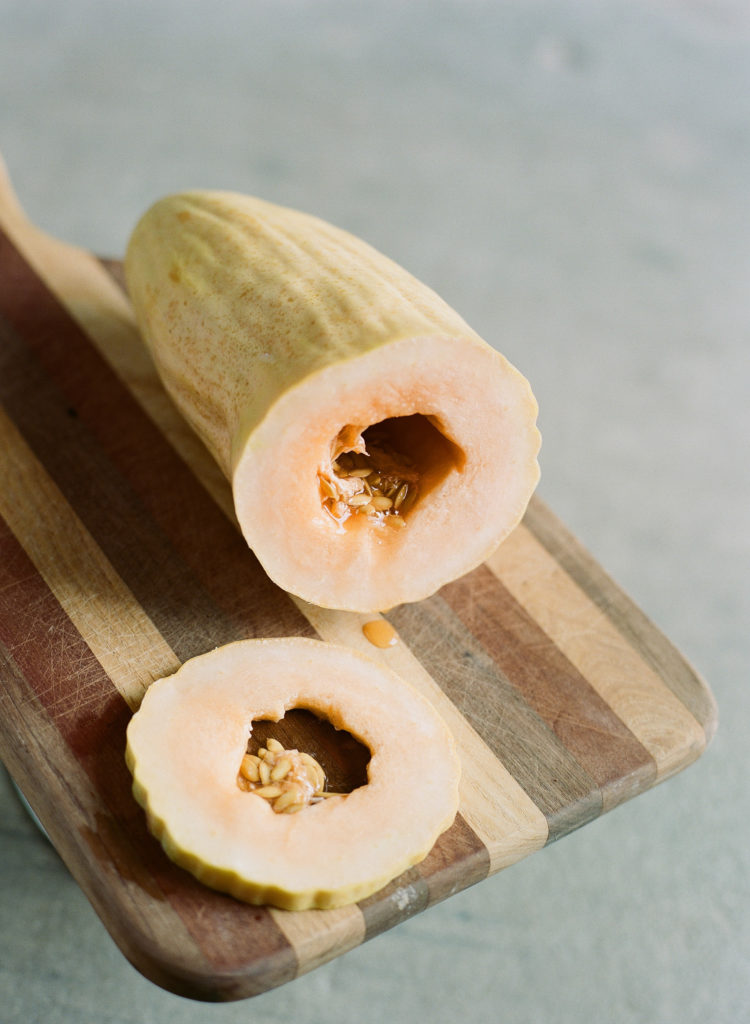
“He gave me these mushmelon seeds that were from his family’s farm. He told me that if you planted them at a certain time, when the moon was in a certain phase, it would go an inch deeper than if you planted at any other time,” Hall said.
This was the seed, so to speak, that lay dormant until Hall’s sabbatical at Berea College. She spent the next year or so researching, grant-writing and collecting personal anecdotes from those who have been practicing moon-led agriculture for years. With the help of a local photographer, Meg Wilson, Hall created a book proposal.
“Although we put a lot of work into it, things kept falling into place,” Hall said. “Everything about this project was meant to be.”
Keep an eye out for the publication in early 2022! Click here to read more about Sarah Hall’s research. Click here to access the archive of interviews.
Peter H. Hackbert, Ph.D.: Director of Entrepreneurship for the Public Good Program
The COVID-19 pandemic has proven to be challenging for many, and has certainly presented an obstacle for those in academia. Peter Hackbert, Ph.D., began to notice changes in his students and those around him and was inspired to conduct research on the topic of correlations between anxiety and COVID-19.
“Anxiety problems have increased in the COVID-19 pandemic globally,” Hackbert said. “The purpose of this study was to observe the changes in anxiety in a sample of Appalachian adults during a phase of the COVID-19 pandemic, and examine its association with sociodemographic factors.”
Hackbert felt inspired to research this topic based on a series of conference presentations related to economic development research in Appalachia.
“We recognized that people were using a variety of physical activity to offset problems emerging from the pandemic,” Hackbert said.
Hackbert is the director of the Entrepreneurship for the Public Good Program, a 15-year-old program based on student’s research in the field. The program focuses on Appalachia and ecotourism, adventure tourism and heritage tourism.
“We believed there is a potential for building an alternative economy, ” Hackbert said. “One that promised greater monetary returns for local residents, the preservation of rural traditions and the protection of sensitive natural resources.”
The fruits of Hackbert’s labor can be found in his article, Correlates of COVID-19 Pandemic on Anxiety among Adults in Appalachia. The work is still under review in Journal of Research in Health Sciences as of August 2021.


